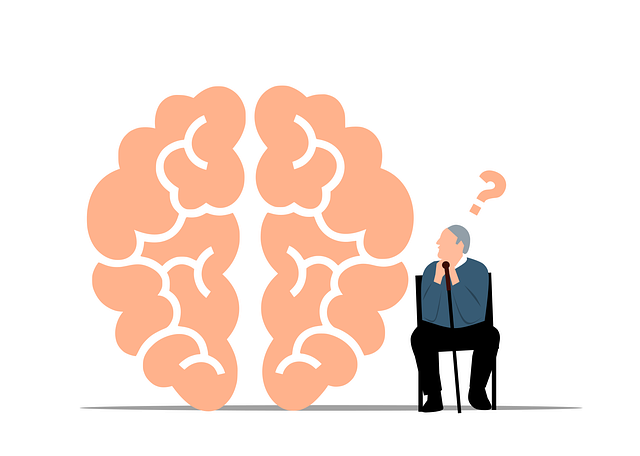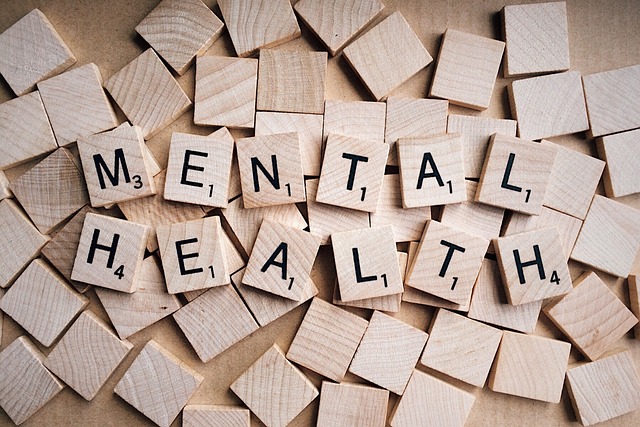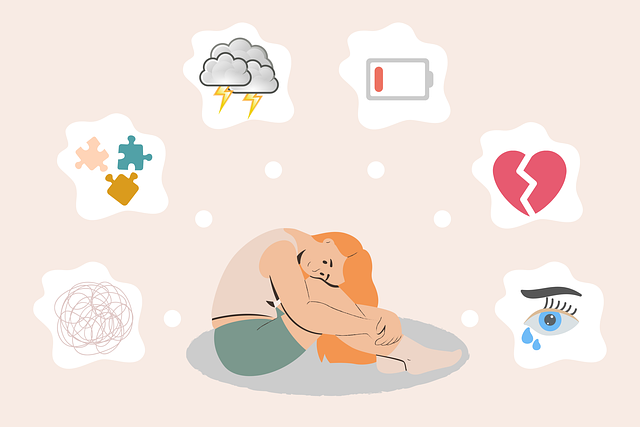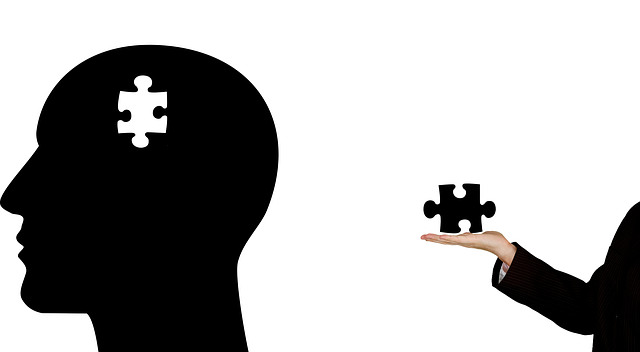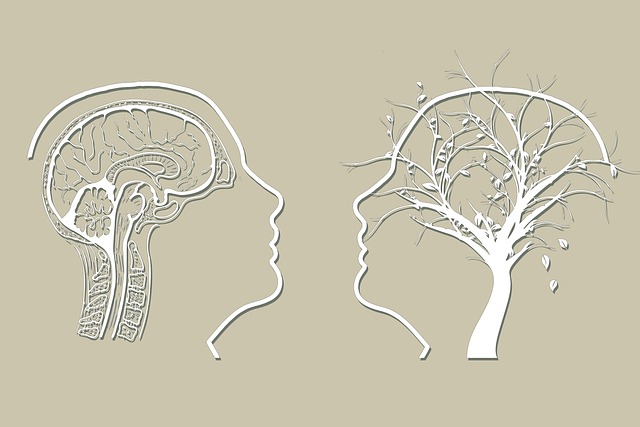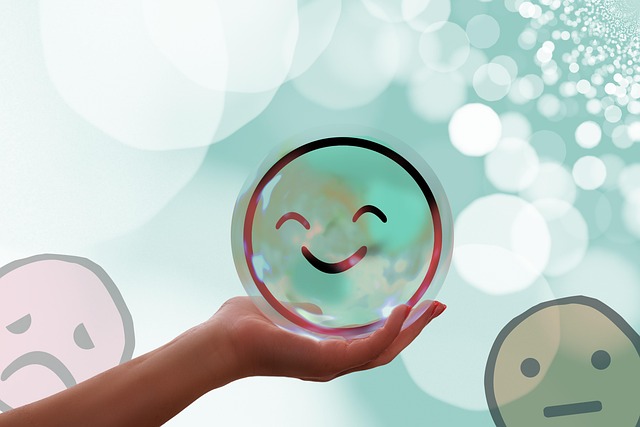Mindfulness meditation is a powerful tool for children with neuro disorders like ADHD, anxiety, and autism, offering benefits beyond stress reduction. It enhances self-regulation, improves focus, and promotes healthier coping mechanisms. Incorporating mindfulness into daily routines, through guided imagery and simple practices, boosts overall well-being and therapeutic outcomes. Creating safe, supportive environments, with proper training for parents and caregivers, is crucial for successful meditation sessions. By destigmatizing mental health practices, mindfulness can foster self-awareness and growth for children with neuro disorders.
“Unleash the power of mindfulness for children with neuro disorders. Discover how this ancient practice can serve as a transformative therapy, promoting emotional well-being and cognitive development. From understanding the basics to simple techniques, this guide navigates creating a safe space for kids’ mindful journeys. Learn strategies to integrate mindfulness into daily routines, enhancing focus and self-awareness. Explore its benefits in managing symptoms associated with neuro disorders, offering a supportive environment for children to thrive.”
- Understanding Mindfulness Meditation for Children
- The Benefits of Mindfulness for Kids with Neuro Disorders
- Creating a Safe and Supportive Environment for Practice
- Simple Meditation Techniques for Young Minds
- Integrating Mindfulness into Daily Routines and Activities
Understanding Mindfulness Meditation for Children

Mindfulness meditation has gained recognition as a valuable tool for children’s mental well-being and therapy for neuro disorders. It involves teaching kids to focus on the present moment, observe their thoughts and feelings without judgment, and develop a heightened sense of awareness. This practice is adapted from ancient Buddhist traditions but has been integrated into modern therapeutic approaches, offering a gentle and effective way to support young minds.
For children with conditions such as ADHD, anxiety, or autism, mindfulness can be a game-changer. It helps them regulate their emotions, improve attention span, and reduce stress levels. Through simple breathing exercises, guided visualizations, and body scans, kids learn to navigate their internal experiences, fostering better self-awareness and emotional intelligence. Cultural sensitivity in mental healthcare practice is essential when introducing mindfulness to diverse groups, ensuring that strategies are inclusive and respectful of different cultural backgrounds. Moreover, organizations offering stress management workshops for children often incorporate mindfulness techniques, providing a holistic approach to mental health support, while risk management planning for mental health professionals can include mindfulness as a tool to enhance their own resilience and prevent burnout.
The Benefits of Mindfulness for Kids with Neuro Disorders

Mindfulness meditation can be a powerful tool for children with neuro disorders, offering numerous benefits that extend far beyond stress reduction. Regular practice has been shown to enhance self-regulation, improving their ability to manage emotions and impulses, which is particularly beneficial in mitigating burnout prevention among this vulnerable population. By cultivating present-moment awareness through mindfulness exercises, kids can develop better self-awareness, fostering a deeper understanding of their thoughts and feelings.
This increased introspection encourages healthier coping mechanisms, enabling children with neuro disorders to navigate challenging situations more effectively. Moreover, incorporating mindfulness into their daily routines can boost overall well-being, promoting better focus, improved social interactions, and enhanced self-care practices. These positive outcomes not only support their therapy for children with neuro disorders but also empower them to embrace self-awareness exercises as integral parts of their personal growth journeys.
Creating a Safe and Supportive Environment for Practice

Creating a safe and supportive environment is paramount for effective mindfulness meditation practice, especially when tailored for children with neuro disorders. This involves ensuring a quiet, undisturbed space where the child feels secure. Incorporate elements that promote comfort, such as their favorite blanket or toy, to make the experience more welcoming. The atmosphere should be free from distractions, allowing the child to fully immerse themselves in the practice. This can involve setting ground rules with clear expectations, explaining the benefits of mindfulness in a way they can understand, and offering positive reinforcement for their participation.
For parents and caregivers, providing therapy for children with neuro disorders through mindfulness meditation requires learning effective stress reduction methods. Crisis intervention guidance from professionals can be invaluable in teaching techniques to manage anxiety or agitation during practice sessions. Moreover, public awareness campaigns development focused on the benefits of mindfulness can help destigmatize mental health practices among this demographic. By fostering an understanding of mindfulness as a supportive tool, parents and caregivers can create a more conducive environment for their children’s meditation journeys.
Simple Meditation Techniques for Young Minds

Meditation can be a powerful tool for young minds to navigate life’s challenges and cultivate emotional well-being. For children with neuro disorders, simple yet effective meditation techniques can offer a calming sanctuary, helping them manage symptoms of anxiety relief and stress management. These practices are designed to capture their attention without being overwhelming.
One such technique involves guided imagery, where a calm voice leads the child through peaceful scenarios, encouraging them to focus on senses. This can be as simple as imagining walking through a favorite park or exploring an enchanted forest. Such exercises stimulate emotional healing processes, allowing children to process and release anxious thoughts and stresses that may arise due to their conditions. It’s about creating a safe, controlled environment within their minds where they gain a sense of mastery over their emotions.
Integrating Mindfulness into Daily Routines and Activities

Integrating mindfulness into daily routines is a powerful way to cultivate present-moment awareness and enhance overall well-being, including therapy for children with neuro disorders. Simple practices such as mindful breathing during morning routines or eating can help ground individuals in the here and now, reducing stress and improving focus. By encouraging mind over matter principles, mindfulness meditation encourages self-regulation and emotional intelligence, which are vital skills for managing mood and navigating challenges.
Regular mindfulness exercises, like compassion cultivation practices, can transform everyday activities into opportunities for growth. For instance, engaging in mindful walking allows children to appreciate the sensation of their feet touching the ground, fostering a deeper connection with their bodies and surroundings. This heightened awareness can extend to other areas of life, promoting better attention span, improved social interactions, and more effective coping strategies—all beneficial aspects of therapy for neuro diverse individuals.
Mindfulness meditation offers a powerful tool for nurturing the mental well-being of children, especially those with neuro disorders. By creating a safe space and integrating simple practices into daily routines, we can support young minds in developing essential skills for managing stress and emotions. This holistic approach, backed by the benefits highlighted in this article, has the potential to transform lives, providing a sense of calm and focus that can enhance overall therapy for children with neuro disorders.
